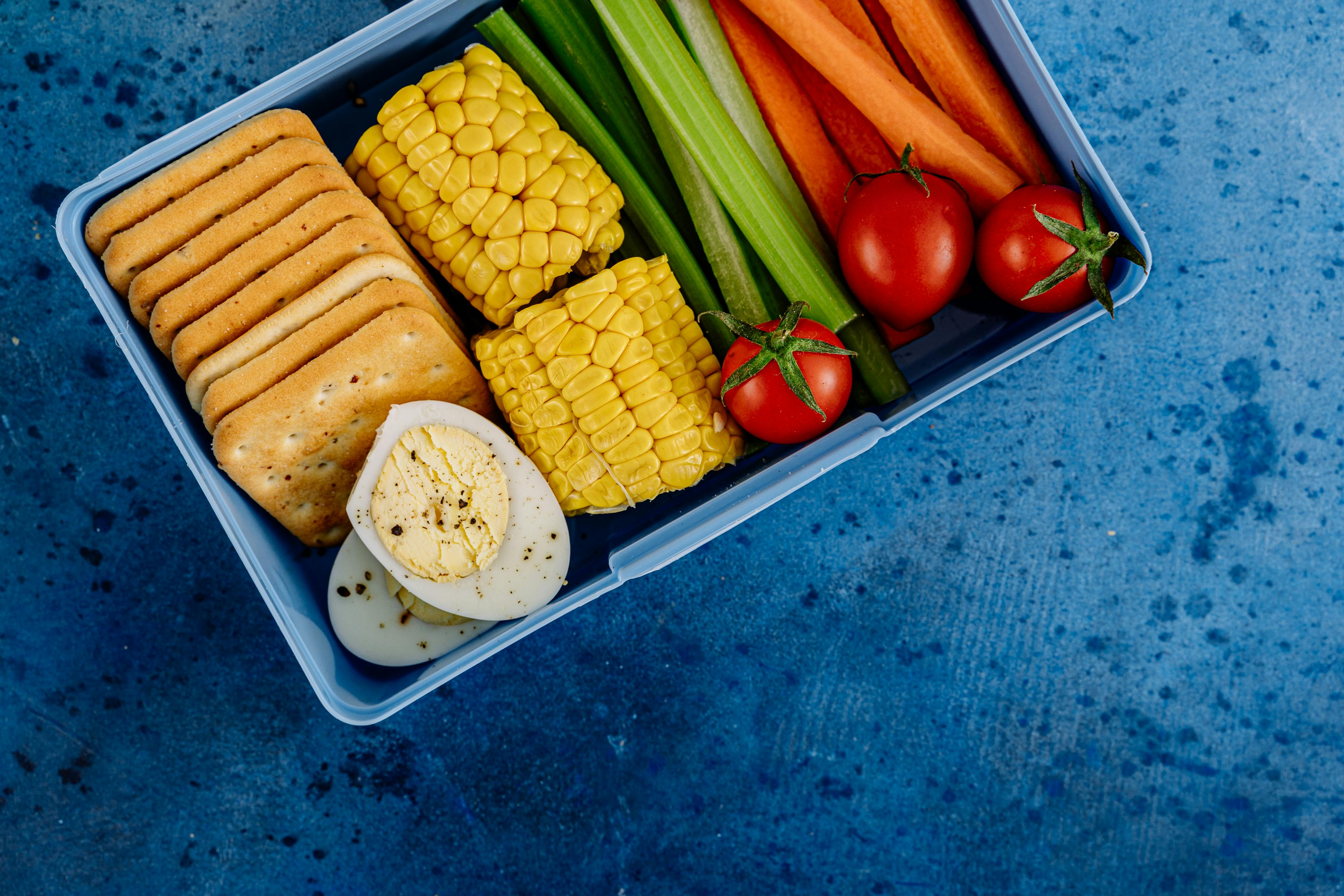How to Effectively Get Less High: Proven Tips for Better Control in 2025
With the ever-changing landscape of relaxation and stress management, the pursuit of effective methods to control your high experiences has become pivotal. Understanding how to effectively reduce the intensity of your highs can enhance your overall well-being, mental clarity, and emotional stability. In 2025, it's crucial to explore proven techniques that empower you, enabling a lifestyle grounded in mindfulness and healthy habits. This article will guide you through valuable strategies, including natural remedies and practical coping mechanisms to foster balance and resilience in your life.
By maximizing relaxation techniques, incorporating mindfulness practices, and embracing a holistic approach to wellness, you can attain a stress-free existence that supports your emotional health. Get ready for an informative journey filled with practical tips on achieving equilibrium while cultivating self-awareness and improving your emotional well-being.

Essential Mindfulness Practices for Stress Management
Building on fundamental mindfulness principles, the integration of these practices can significantly reduce stress symptoms and improve mental health awareness. Mindfulness meditation stands out as a cornerstone for fostering emotional regulation, allowing individuals to better understand their emotional triggers.
Daily Mindfulness Techniques to Embrace
Embracing daily mindfulness techniques can profoundly alter your stress response. Simple practices like meditation for beginners or guided breathing exercises are effective ways to cultivate awareness. Engaging in these techniques consistently allows you to gain a better understanding of the stress hormones affecting your body, leading to improved mental clarity.
Utilizing Guided Meditation for Relaxation
Guided meditation is a powerful tool for reducing anxiety and achieving emotional stability. Utilizing meditation apps can help you establish a daily routine that fosters relaxation and enhances focus. Engaging with relaxation music during these practices can create an inviting atmosphere that encourages deeper relaxation.
Incorporating Mindfulness into Daily Routines
Integrating mindfulness into daily activities can promote a balanced life. Whether it’s during work hours or in time management, being mindful in your tasks allows you to appreciate the present moment, leading to less stress and anxiety. Additionally, recognizing stress triggers can help you modify your reactions, reinforcing resilience and emotional intelligence.
Effective Relaxation Techniques for Improved Focus
With these mindfulness practices established, we can delve into various relaxation techniques that can boost focus and emotional stability. These methods are essential components of stress reduction and well-being practices.
Breathing Exercises to Calm the Mind
Implementing guided breathing exercises can help manage stressful moments effectively. Techniques like diaphragmatic breathing or box breathing not only calm your mind but also enhance your physical well-being by regulating your body’s natural response to stress. Regularly practicing these exercises contributes to long-term emotional health.
Engaging in Yoga for Stress Relief
Yoga practices have been proven to be effective for stress relief and emotional regulation. By focusing on bodily movements and breath, yoga enhances relaxation and builds mental resilience. Establishing a routine practice contributes to a deeper sense of inner peace, aligning mind and body.
Exploring Nature for Therapeutic Benefits
Spending time in nature can significantly reduce stress symptoms and improve your emotional well-being. Engaging in outdoor activities, whether it's walking, hiking, or simply relaxing in a park, fosters a connection to your environment while alleviating anxiety. Establishing this as part of your coping strategies can enhance your overall quality of life.

Proactive Coping Strategies for Lasting Balance
Building on the relaxation techniques explored, we can shift toward proactive coping strategies aimed at maintaining emotional stability and achieving a balanced lifestyle.
Creating Supportive Environments for Wellness
Fostering a supportive environment, both at home and work, is crucial for achieving emotional balance. Surrounding yourself with positive influences and engaging in constructive conversations can reinforce coping mechanisms that lead to stress-free living. Building strong support networks is key to enhancing personal growth and emotional health.
Implementing Emotional Self-Care Techniques
Understanding the importance of self-care techniques is essential in managing stress and anxiety. Incorporating daily affirmations and reflective journaling into your routine encourages self-reflection and builds emotional resilience. These practices allow you to recognize achievements, enhance self-esteem, and cultivate an appreciation for personal strengths.
Seeking Professional Help for Mental Clarity
When stress becomes overwhelming, considering therapy options such as cognitive behavioral therapy or anxiety coaching can offer great benefits. Professional support provides valuable resources and insights that help reinforce emotional supportive strategies, contributing to improved mental health overall.
Holistic Approaches to Cultivating Inner Peace
Taking this concept further, incorporating holistic approaches can augment your journey toward emotional well-being and stress management.
Exploring Natural Remedies for Anxiety Relief
Natural remedies, including herbal treatments, can provide significant anxiety relief and promote emotional regulation. Engaging with these options can serve as an excellent complement to other stress management techniques, enhancing your overall wellness practices.
Understanding and Managing Stress Triggers
Identifying stress triggers is pivotal in developing effective coping mechanisms. By acknowledging and addressing these triggers, you can cultivate relaxation and enhance emotional health. This awareness enables you to manage expectations effectively, reinforcing your mental resilience.
Mastering Stress Evaluation Techniques
Stress evaluation techniques can guide you in understanding your stress patterns and emotional responses. Regularly assessing your stress symptoms leads to healthier lifestyle modifications and enhances cognitive techniques for controlling stress.
Guided Imagery Techniques for Relaxation
As we explore the final techniques for achieving balance, guided imagery stands out as an avenue for relaxation. This practice utilizes visualization for achieving calmness and clarity, promoting stress reduction.
Practicing Visualization for Stress Relief
Visualizations for relaxation can reduce anxiety and enhance your emotional clarity. By imagining peaceful settings during moments of stress, you can effectively manage overwhelming feelings and cultivate an inner sense of calm.
Incorporating Therapeutic Activities into Daily Life
Participating in therapeutic activities, such as art or music therapy, also contributes to mental health improvement and emotional stability. These activities provide avenues for self-expression, helping navigate complex emotional landscapes and reinforcing coping strategies.
Creating a Balance Between Relaxation and Productivity
Finding equilibrium between relaxation and productivity is essential for personal development. Implementing time-out techniques ensures that you respect your boundaries and create a sustainable work-life balance. This approach helps maintain mental clarity and emotional stability in all aspects of your life.
Q&A: Common Questions About Stress Management
How can mindfulness meditation help in reducing stress?
Mindfulness meditation enhances self-awareness, allowing individuals to observe their thoughts and emotions non-judgmentally. Regular practice promotes relaxation and improves emotional regulation, effectively reducing anxiety and stress levels.
What are some practical self-care techniques to implement daily?
Daily self-care techniques, such as reflective journaling, engaging in hobbies, and practicing mindfulness, foster emotional wellbeing. These practices encourage self-discovery and enhance resilience against stressors.
How can guided imagery impact emotional health?
Guided imagery helps individuals visualize peaceful settings, allowing them to escape stressful situations in their minds. This technique promotes relaxation and reduces feelings of anxiety by shifting focus to calming scenarios.
What role does professional help play in managing anxiety?
Seeking professional help provides individuals with tailored tools and techniques to manage anxiety effectively. Professional support can enhance emotional clarity and resilience, guiding individuals toward healthier coping strategies.
How can I identify my personal stress triggers?
Identifying personal stress triggers involves self-reflection and keeping a stress journal. By recognizing patterns in your emotions, you can develop effective coping strategies to address and manage these triggers.
